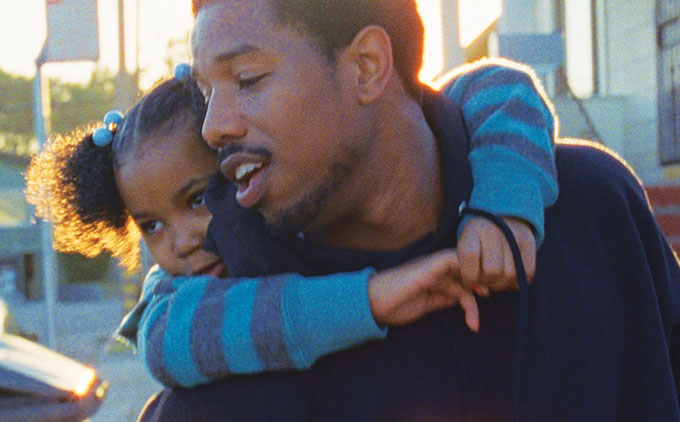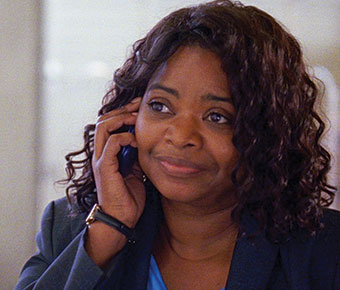Fruitvale Station
by M. Faust


Time Expired
Fruitvale Station
It’s not a new story. A young man guilty of no crime is killed, not by a criminal seeking to rob him but by an armed man tasked to guard the public welfare. The young man is black; his killer is white. And the question of what really happened is quickly obfuscated by those who are more concerned with ensuring the story fits their own agendas.
The story is on most of our minds lately because of the case of George Zimmerman, who a Florida jury last week found not guilty of the shooting death of Trayvon Martin. Another version of the story took place on a subway station in Oakland in the early hours of New Year’s Day 2009, when Oscar Grant III was shot to death by a transit officer.
Do you remember the story? Surely you heard about it when it happened, but if you don’t live in Oakland it may well have receded in your memory; so many terrible things in the news, and seemingly every day a new one to demand your attention.
But Grant’s case is remembered in Oakland, where protests broke out after the officer was found guilty of involuntary manslaughter rather than second-degree murder or voluntary manslaughter. It’s the kind of thing many feared would happen on a national scale last weekend.
Fruitvale Station, named for the Bay Area Rapid Transit (BART) station where the shooting occurred, portrays the final 24 hours of Grant’s life. It was written and directed by Ryan Coogler, a first-time filmmaker who works with great assurance and skill.
Coogler, who is also from Oakland, says in the studio’s press notes that he was inspired to make the film by watching the politicization of Grant’s character during the trial: “Depending on which side of the political fence people stood on, Oscar was either cast as a saint who had never done anything wrong in his life, or he was painted as a monster who got what he deserved that night. I felt that in that process, Oscar’s humanity was lost.”
He has unquestionably succeeded at communicating Oscar’s humanity. Casting the charismatic young actor Michael B. Jordan (Friday Night Lights, The Wire) in the role didn’t hurt. As Oscar goes through his day, he wrestles with his daily problems. He wants to do the best for his young daughter, but faces suspicion from the girlfriend (Melonie Diaz), who caught him cheating. He hasn’t told her that he lost his job for showing up late too often. He has spent some time in prison, presumably for drugs; the film is vague in this point.
It’s a portrait of a young man who is trying to find the right road after having been down some wrong ones. Would he have made it? We’ll never know.
Taken on its own, Fruitvale Station is a fine piece of work. You could only accuse it of lacking dramatic tension because that’s defined by the ending we all know is coming, (The film opens with cell phone footage of the shooting.)
But of course it’s not a film that we can look at in a vacuum. Despite having won major awards at the Sundance Film Festival (the Grand Jury Prize for dramatic feature and the Audience Award for dramatic film), most people who see Fruitvale Station will be doing so largely because of the Trayvon Martin case. You can’t help but wonder at the fact that a movie that would normally play at art houses in cities lucky enough to have them is opening at multiplexes at this particular moment. Is that pandering? I can’t help but think of it as an attempt by the distributor and exhibitors to profit from public anger. And that’s not what this film set out to do.
Watch the trailer for Fruitvale Station
|
Issue Navigation> Issue Index > v12n30 (Week of Thursday, July 25) > Fruitvale Station This Week's Issue • Artvoice Daily • Artvoice TV • Events Calendar • Classifieds |









 Current Issue
Current Issue